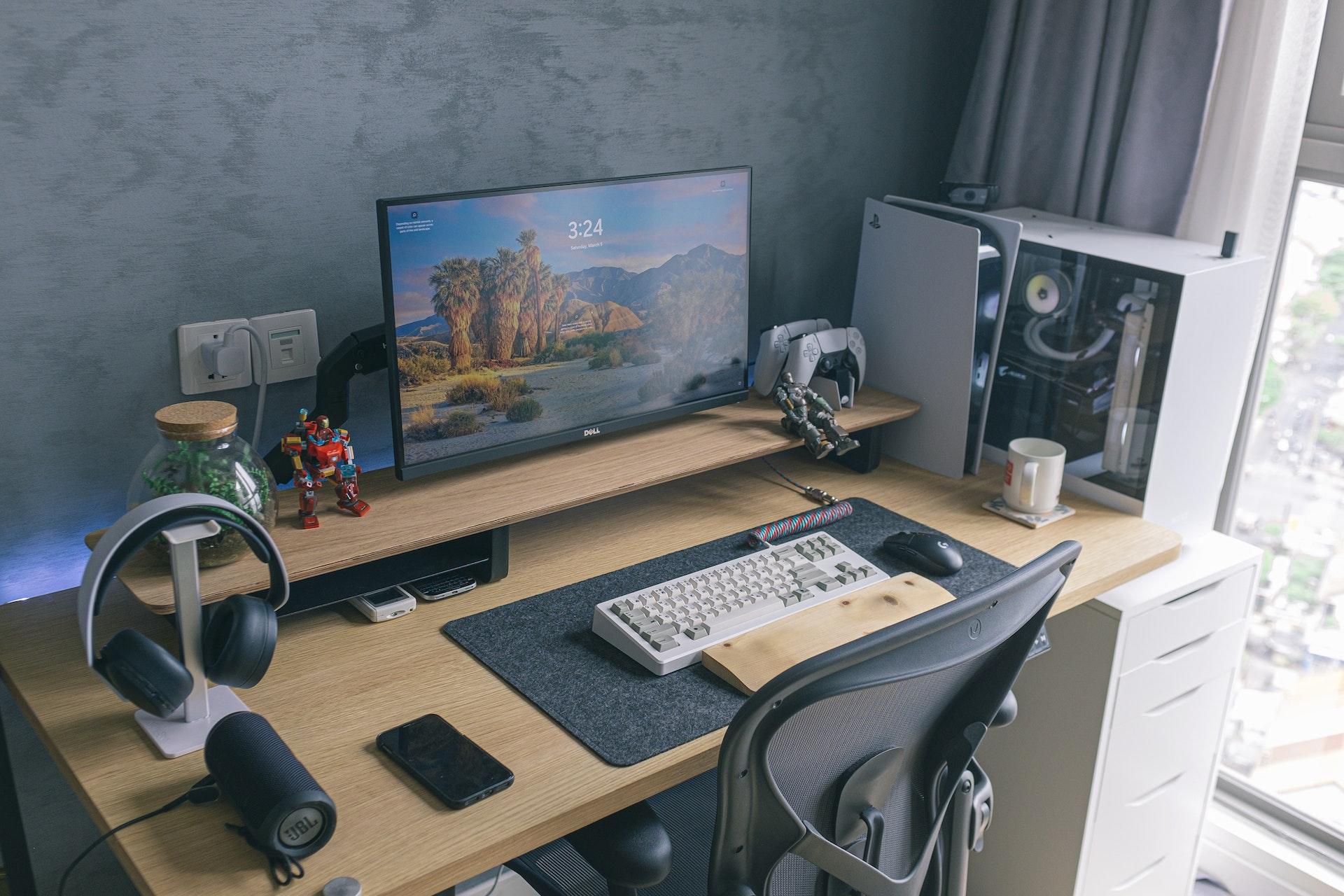A gaming PC and a programming PC have some similarities, but they also have some key differences.
A gaming PC is designed to handle high-performance graphics and fast processing speeds for playing games. It typically has a powerful graphics card, a fast processor, and a high amount of RAM. These components are necessary for running games at high settings and maintaining a smooth frame rate.
On the other hand, a programming PC is designed for handling large amounts of data and running multiple applications simultaneously. It typically has a fast processor, a large amount of RAM, and a solid-state drive (SSD) for fast data access and storage. These components are important for running programming software and compiling code quickly.
While both types of PCs can run general-purpose applications, a gaming PC would be overkill for programming and a programming PC would be lacking in gaming performance. However, if you want to do both, you can still build a high-performance PC that is well-suited for both gaming and programming by striking a balance between the components that are important for each task.
In summary, a gaming PC is optimized for high-performance graphics and fast processing speeds, while a programming PC is optimized for handling large amounts of data and running multiple applications simultaneously. Both types of PCs can serve different purposes, but it is possible to build a PC that can balance between the two.


